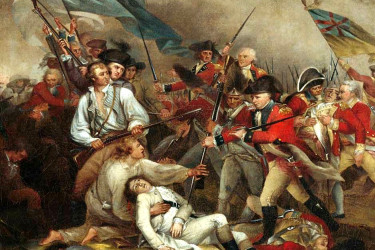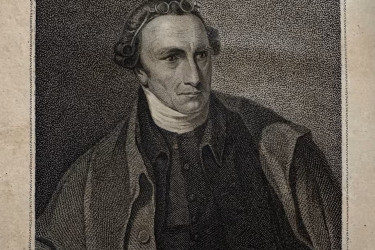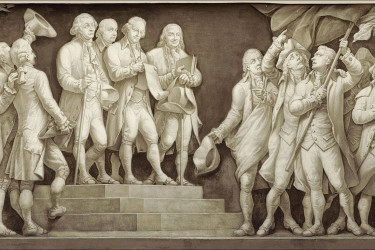Collection
Revolutionary Words
The words of the American Revolution are very much alive today. When Americans consider the nation’s founding, our discussion rarely revolves around battles, but turns instead to pamphlets, propaganda, and protest; the lofty phrases that inspired the masses, and the detailed arguments used to justify independence. For generations, we’ve memorized the Founders’ famous quotations in school, recited them in our civic commemorations, and invoked them regularly in our political discourse. We pick apart the nation’s founding documents to try to understand what the Founders intended them to mean at the time, and contemplate what they mean for our law, public policy, and social identity today. At the same time, some of the phrases we attribute to the Founders may not have ever been written or uttered by them. This collection of contemporary writings about quotations and catch-phrases from the revolutionary lexicon prompts us to take another read.
William Hogeland doesn't "think the Continental Congress that issued the Declaration of Independence brought forth, on this continent, a new nation, let alone a nation dedicated to a proposition, let alone the proposition that all men are created equal." Or at least they did not intend to. He makes the case that the Founders "didn’t have the ideals we wish they had," and that such a nation finally came about through Abraham Lincoln's interpretation of the Declaration.
"On the right to bear arms, the founders did not say what they meant, and did not mean what they said," William Hogeland argues. Madison wrote the Second Amendment with a deliberately weak and unclear sentence for the sake of the politics of the moment, to pacify his allies and deceive his opponents so everyone thought they won. We are still living with the consequences of his word choice today.










